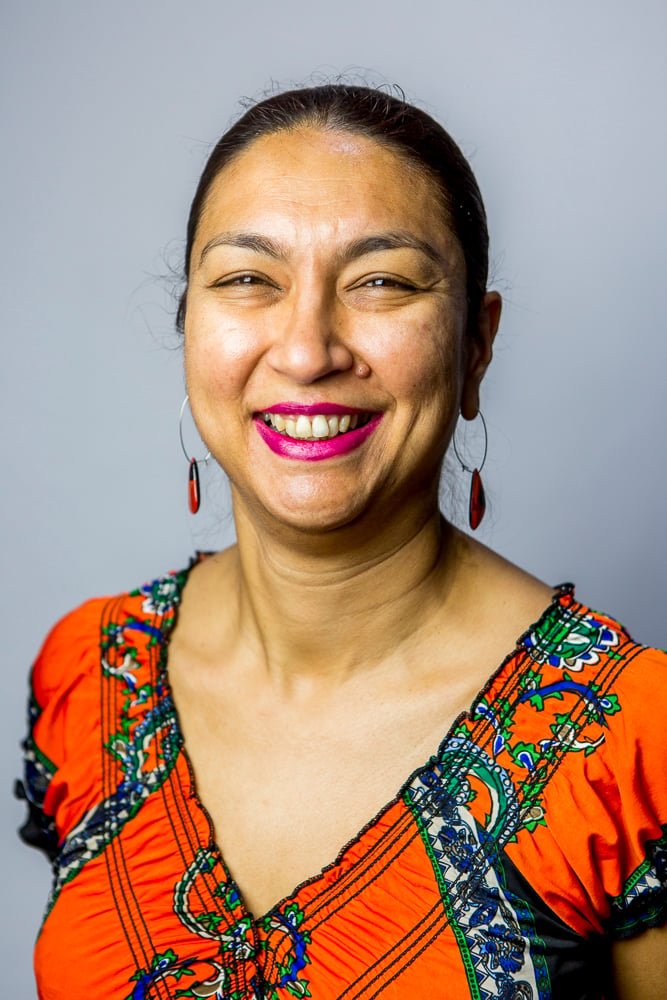Have you ever wondered how RANZCOG goes about decision-making? With this series, we hope to shed some light on our governance processes and, most importantly, the individuals behind them.
First things first: RANZCOG is governed by a seven-member Board who are the directors of the College. The Board manages the financial, legal and business operations of the organisation and is supported in its activities by the Council and a range of committees. In turn, the RANZCOG Council has general oversight of the policy and strategic planning of the College and meets three times a year (generally in March, July and November) at College House in Melbourne, Australia.
The Council comprises the members of the Board, 22 Councillors representing each region of Australia and New Zealand, the Immediate Past-President, Chair of the GP Obstetrics Advisory Committee, Chair of the Trainees’ Committee and a Community Representative. All members, other than the Community Representative, have voting rights.
Dr Nisha Khot – RANZCOG Council Member
Dr. Nisha Khot is the Clinical Director of Obstetrics at Djerriwarrh Health Service in Victoria. She trained in India and UK before moving to Australia. She is currently one of four Victorian RANZCOG Councillors and is a member of the Women’s Health and SIMG committees.

Dr Nisha Khot
You have practiced O&G in three different countries. Can you tell us more about your pathway?
I did my initial undergraduate and postgraduate degrees in India and worked as a consultant for a year before moving to the UK. Once there, I had to do the full seven-year UK O&G training program. I moved to Australia in 2010.
Was that frustrating?
In retrospect, it was good to retrain in the UK. But at the time, yes, it was frustrating!
I found the UK program different from training in India. India had a very technical focus and I learnt the surgical skills in O&G really well. But training in India didn’t prepare me for what are referred to as the ‘soft skills’– communication, team work and leadership. These skills are, in fact, critical skills. A doctor with excellent technical and surgical skills still needs to be able to interact effectively with their patients, as well as colleagues across specialities. The second important difference between training in India and UK was the existence of an effective clinical governance system. Learning from errors and having a system-wide approach within a just culture is the key to improving individual clinical practice and patient outcomes. I would’ve preferred not to do seven years, but in the end I definitely acquired a more holistic training.
How did you end up coming to Australia?
As is often the case with women, I moved to Australia to keep the family together. In 2010, just as I finished my training in the UK, my husband was offered a research opportunity in Australia and we decided to make the big move. I applied for the Specialist International Medical Graduates (SIMG) pathway to accredit my training. This involved mountains of paperwork. I was very fortunate that my husband is so pedantic about keeping every single piece of paper and he had collated everything for me! The initial road was rocky, as I am sure it is for many SIMGs, but I was eventually granted a ’Substantially Comparable’ result by the College.
Why did you decide to take on your current leadership roles?
When I did my training in India, I found myself sitting in an audience of mostly women with men on the lecterns. When I moved to the UK, I could see a few women on the podium, but all of them were Caucasian while the audience was multicultural. In Australia, I found the same poor representation of cultural diversity among influencers and key stakeholders.
I feel there is an imbalance of gender and cultural diversity in medicine in general and also within our specialty. A large number of O&Gs are women and, particularly in the rural and regional settings, they are SIMGs. Our patients come from a variety of different cultures too and this presents a challenge in trying to provide culturally appropriate care.
Over the years, I kept thinking that someday I would see cultural diversity as a norm across the leadership teams of Colleges, hospitals and universities. I soon realised there were virtually no role models of cultural and ethnic diversity in leadership. So, I figured that someday was now and that I should be the change I want to see, rather than wait for it to magically happen.
How can we promote diversity within our College?
The College is nothing without its members. As a Councillor and Committee member, I want to invite people from different backgrounds to participate in everything that the College does. This is your College and you belong here. Don’t wait for a tap on the shoulder. Tap yourself on the shoulder, speak up and be assured that the current College leadership team will support you.
Einstein said that ‘Insanity is doing the same thing over and over again and expecting different results’. Without diversity, that’s exactly what we’re doing – trying to get innovative ideas from the same people. Diversity brings perspective. We need people who have had different experiences to bring new ideas. Unless this happens, we risk becoming stagnant and out of touch.
If you would like to improve your cultural competency, make sure to enrol in our intercultural competency eLearning module. Worth 3 CPD points, the module was developed in partnership with the Rural Health Continuing Education (RHCE) scheme and all fifteen Specialist Medical Colleges in Australia to support professional development in intercultural skills using examples from a range of cultures.
If you live in New Zealand, the NZ Training and Accreditation Committee of RANZCOG (NZTAC) has worked with the Māori/Indigenous Health Institute (MIHI) at the University of Otago to develop a comprehensive post-graduate course.



